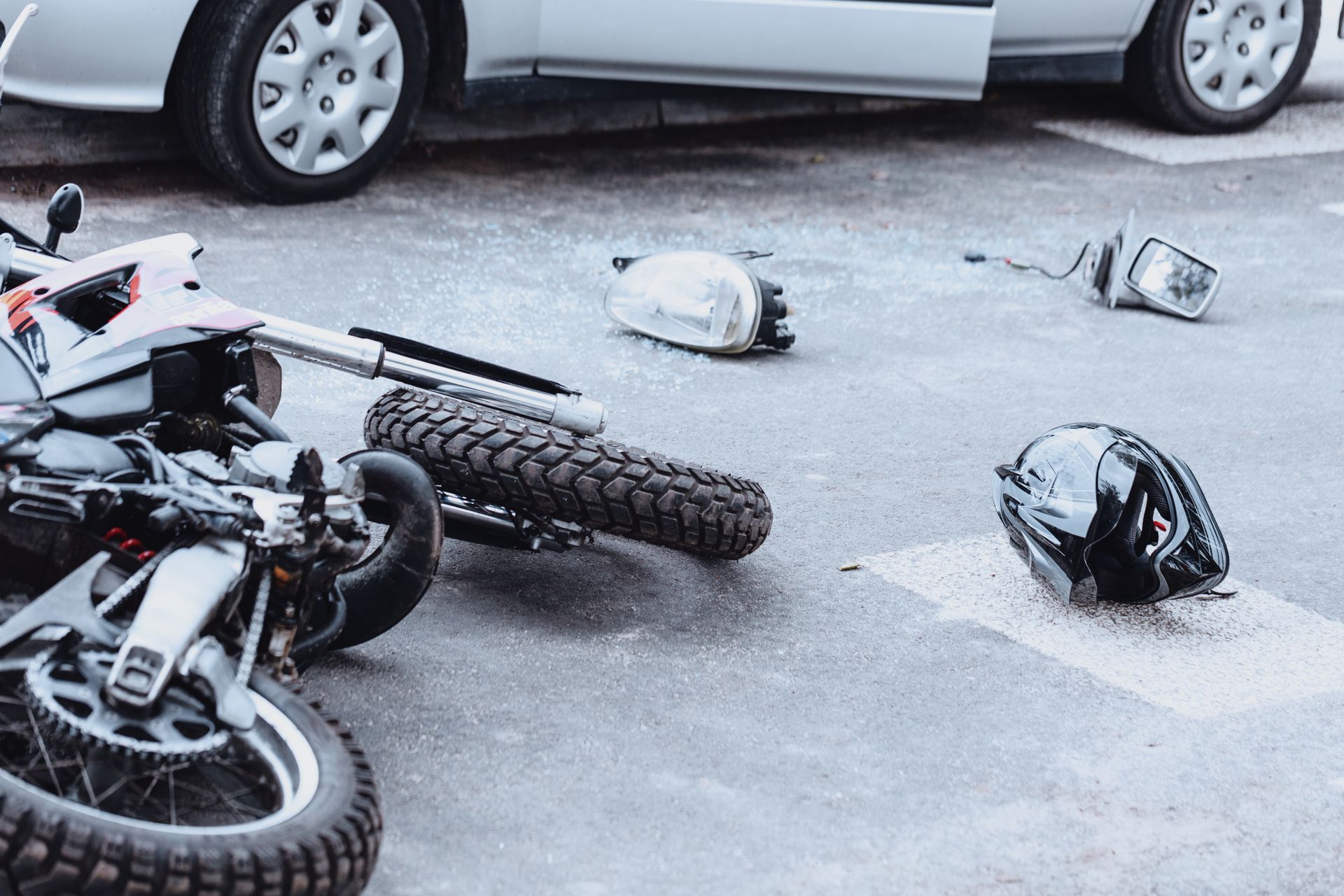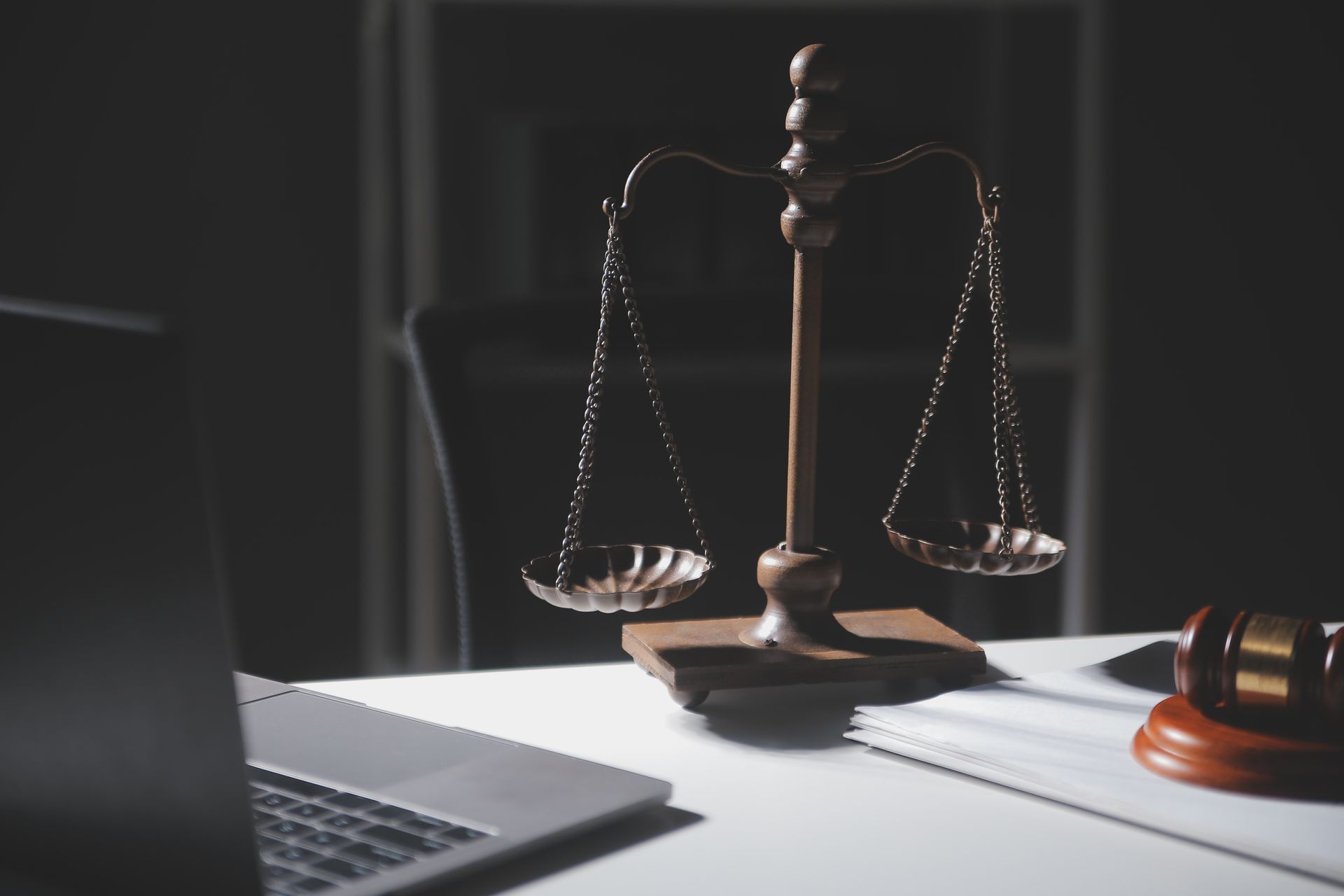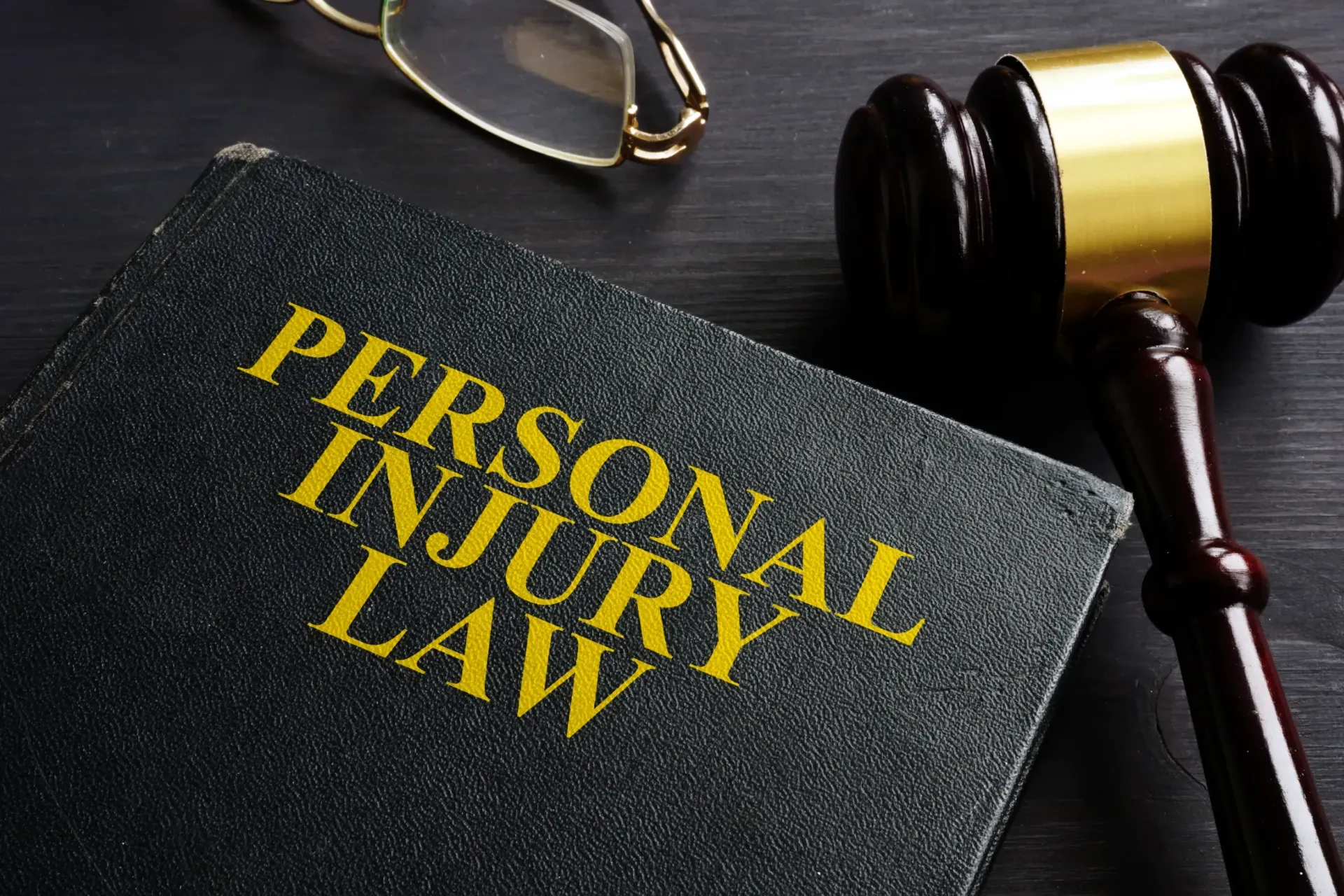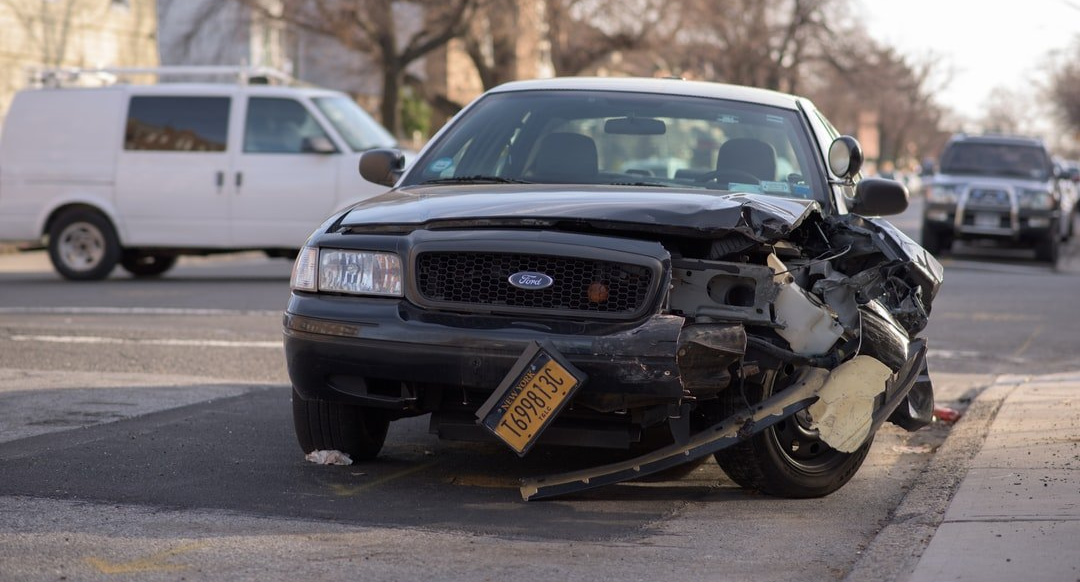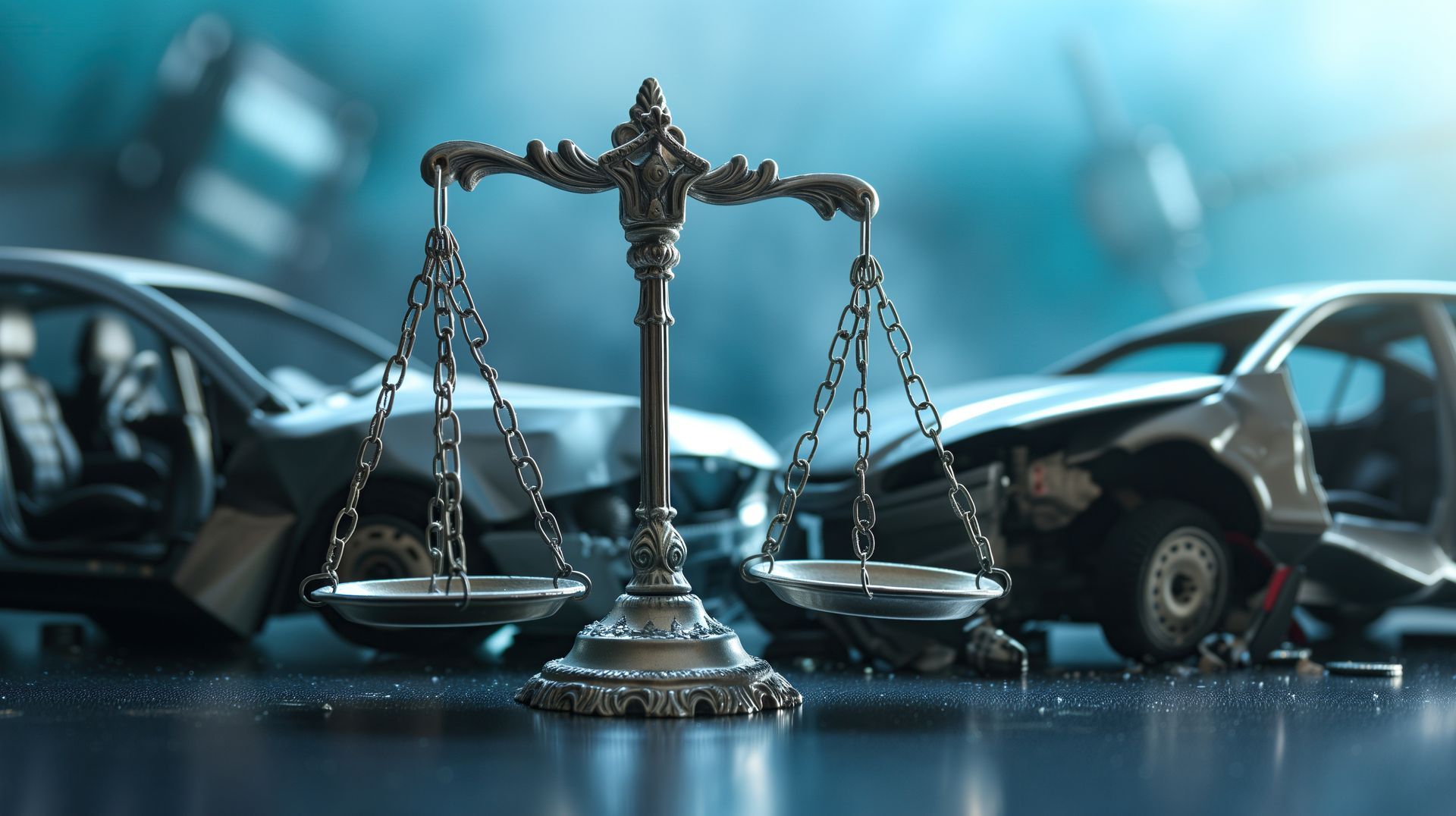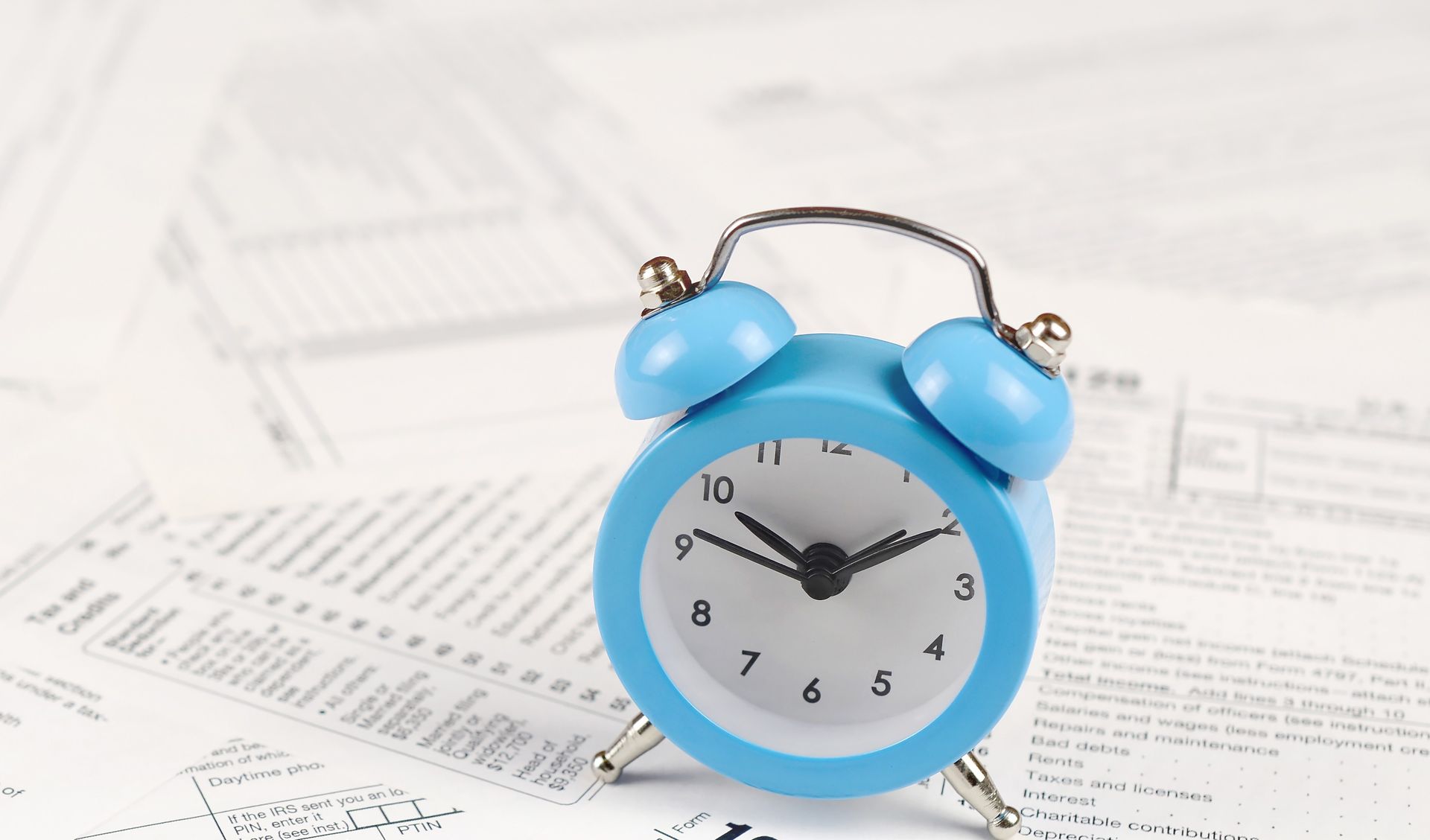Who’s Liable in Product Liability Cases?
Learn Who’s To Blame For Faulty Goods and Products
Product liability refers to the legal responsibility of individuals or entities involved in the supply chain for defective products that cause harm or injury to consumers. Understanding who can be held liable in a product liability case Texas is crucial. It involves examining the chain of distribution, which includes manufacturers, distributors, and retailers, to ascertain responsibility for the defective product that caused the harm.
Quick Summary:
- Understanding Product Liability: When harmed due to a defective consumer product, drug, or medical device, a lawsuit typically falls under the legal concept of “product liability,” where negligence on the manufacturer’s part need not be proven.
- Types of Defective Product Claims: Three primary categories exist – defects in manufacturing, design, or inadequate warnings/instructions accompanying the product’s use.
- Parties Liable in Product Liability Cases: The chain of distribution, including manufacturers, retailers, suppliers, and others involved, can all be held accountable for injuries caused by defective products.
- Elements in Winning a Lawsuit: Four basic elements typically constitute a successful product liability claim: demonstrating injury, proving defects, establishing causation, and showcasing intended product usage at the time of injury.
- Statute of Limitations: Filing a defective product liability lawsuit must adhere to specific time limits set by the statute of limitations, varying by state and often dependent on the injury’s discovery.
- Compensation in Product Liability Claims: Damages sought in such cases encompass compensatory (economic and non-economic losses) and punitive damages (if the defendant’s conduct warrants punishment).
What is Product Liability?
Product liability refers to the legal responsibility held by manufacturers, distributors, retailers, and other involved parties for defective products causing harm or injury to consumers. It encompasses the accountability for faulty design, manufacturing defects, inadequate warnings or instructions, and extends throughout the chain of distribution. These cases typically don’t necessitate proving negligence but focus on establishing liability for the harm caused by the defective product.
What are the Common Examples of Product Liability?
Product liability cases in Texas encompass a broad spectrum of scenarios where accountability extends across the supply chain. From defective automobiles and pharmaceutical issues to faulty consumer goods and contaminated food products, understanding who can be held liable in a product liability case in Texas is crucial.
- Defective Automobiles: Manufacturers can be held liable in product liability cases in Texas for issues such as faulty brakes or malfunctioning airbags, posing risks to consumers’ safety.
- Pharmaceutical Liability: Companies involved in manufacturing medications are accountable if undisclosed side effects harm consumers, exemplifying who can be held liable in a product liability case in Texas.
- Consumer Goods: Electronics or appliances with manufacturing flaws causing harm hold manufacturers responsible, highlighting liability in Texas product liability cases.
- Contaminated Food Products: Distributors or suppliers within the distribution chain face liability in Texas product liability cases if food products become contaminated during production, risking consumers’ health and safety.
What are the Ways I Can Seek Damages for Product Liability in Texas?
In Texas, seeking compensation in a product liability case revolves around three primary legal avenues: strict liability, negligence, and breach of warranty, each offering distinct paths for holding accountable those responsible for defective products.
- Strict Liability. Manufacturers and sellers can be held accountable for injuries caused by defects, regardless of their negligence or awareness of the issue. This streamlined approach simplifies the plaintiff’s burden of proof, facilitating the pursuit of compensation for damages incurred due to a faulty product.
- Negligence. Negligence claims demand proof of a lack of reasonable care in the production or distribution process, requiring plaintiffs to demonstrate that manufacturers or sellers failed to uphold adequate standards, leading to injury.
- Breach of Warranty. Breach of warranty claims center on the violation of a product’s warranties, whether express or implied, establishing liability when the product fails to meet the promised standards set by the manufacturer, thereby causing harm. These legal avenues offer various routes for individuals seeking reparation in product liability cases within the Texas legal framework.
Who’s Liable in Product Liability Cases?
Product liability cases hinge on determining responsibility among various entities in the supply chain. Identifying who can be held liable in a product liability case Texas involves scrutinizing manufacturers, distributors, retailers, and suppliers for their roles in producing or selling defective products. Understanding this web of accountability is vital in seeking compensation for injuries or damages resulting from flawed goods.
Who are the Possibly Liable Entities in a Texas Product Liability Case?
In Texas product liability cases, determining liable entities involves examining the chain of distribution, encompassing manufacturers, distributors, retailers, and suppliers. Identifying these potentially responsible parties is crucial in seeking recourse for injuries or harm caused by defective products.
Entities potentially liable in a Texas product liability case:
- Manufacturers: Responsible for defects occurring during the production process.
- Distributors: Involved in transferring products from manufacturers to retailers, potentially accountable for flaws introduced in the distribution phase.
- Retailers: Sell the products directly to consumers, liable if they were aware of defects or failed to warn about potential dangers.
- Suppliers: Provide components or parts for products and can be held accountable if their parts contribute to the defect leading to harm.
- Others in the Chain: Consultants, wholesalers, designers, and anyone involved in the product’s path to consumers could bear liability if their actions or oversights contribute to the product’s defect and subsequent harm.
What Must Be Proven to Win a Product Liability Case?
To prevail in a defective product liability lawsuit, several key elements typically need to be established:
- Injury or Harm: Demonstrating actual harm or injury resulting from the use of the defective product is fundamental.
- Product Defect: Proving that the product had a defect, whether in its design, manufacturing, or insufficient warnings/instructions.
- Causation: Establishing a direct link between the defect and the incurred injury or harm, showcasing how the product’s flaw directly caused the adverse outcome.
- Intended Use: Showing that at the time of the injury, the product was used in a manner consistent with its intended purpose or foreseeable use.
Successfully proving who can be held liable in a product liability case Texas strengthens the case in a defective product liability lawsuit, increasing the likelihood of obtaining compensation for the harm suffered due to the flawed product.
What is the Statute of Limitations for Product Liability in Texas?
Understanding the statute of limitations is critical in navigating product liability cases in Texas and determining the timeframe for legal action against those who can be held liable in a product liability case in Texas.
In Texas, the statute of limitations for product liability cases is generally two years from the date of injury or discovery of the injury caused by the defective product. Under Texas law, a “products liability action” encapsulates claims against manufacturers or sellers seeking damages for personal injury, death, or property damage purportedly stemming from a defective product.
This expansive definition encompasses various legal grounds, including strict tort liability, negligence, misrepresentation, breach of warranties (express or implied), or a combination of these theories. This comprehensive scope allows individuals harmed by defective products to pursue legal recourse through multiple avenues, ensuring a robust framework for seeking compensation and accountability.
Are there Exceptions to the Texas Product Liability Statute of Limitations?
In cases of injury caused by an unsafe product in Texas, there’s a 15-year window from the date of purchase to initiate a claim. However, an exception applies if the retailer or manufacturer explicitly states in writing that the product’s safe lifespan extends beyond 15 years; in such instances, the timeline for filing a product liability action extends to the end of that specified safe period.
This nuanced provision offers an extended timeframe for legal action, ensuring individuals have adequate opportunity to seek recourse for injuries caused by products deemed to have a longer safe lifespan.
Get Help For Product Liability Cases Right Now!
Product liability cases in Texas revolve around holding accountable those who can be held liable in a product liability case in Texas, such as manufacturers, distributors, retailers, and suppliers involved in providing defective products. These cases address injuries or damages caused by product defects, encompassing issues like design flaws, manufacturing errors, or insufficient warnings. Seeking compensation typically involves proving the defect’s existence, demonstrating its role in causing harm, and establishing the responsible party’s connection in the product’s distribution chain.
Get in touch with Leeds Law Firm and team up with an attorney to understand who can be held liable in a product liability case Texas. The attorney who serves Houston, TX provides services for the following personal injury areas, as well:
- Car Accidents
- Medical Malpractice
- Wrongful Death
Redeem your life and get back on track with the help of Leeds Law Firm. Contact us for a free consultation today!
